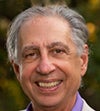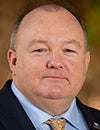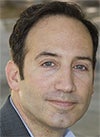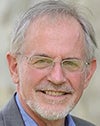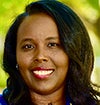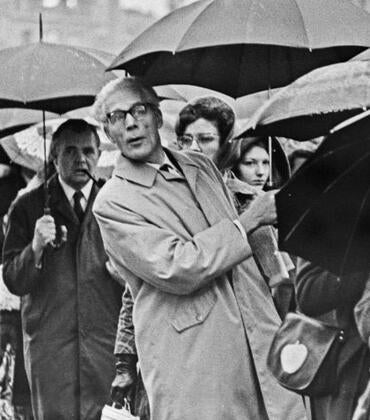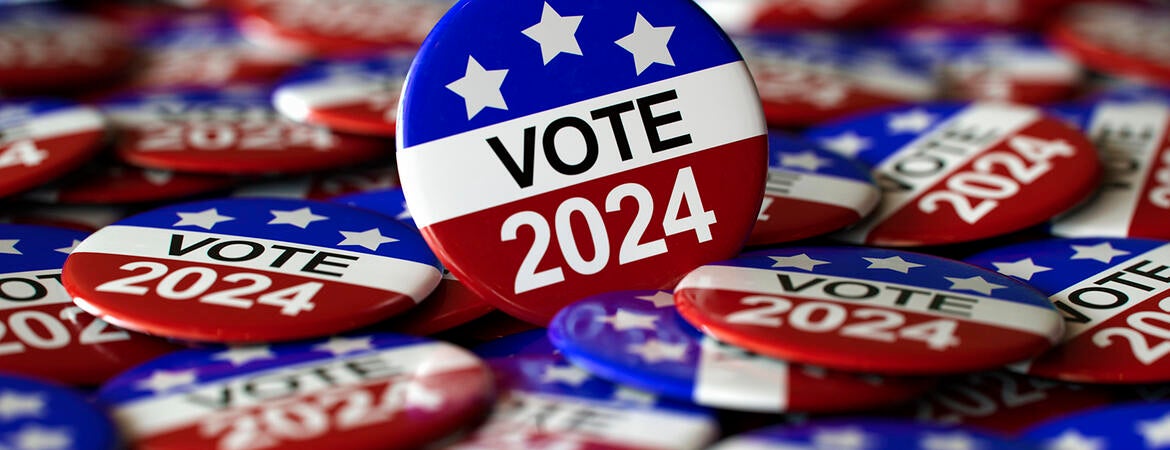
Once again California voters are facing a plethora of state initiatives to decide on issues ranging from increasing penalties for theft and drug offenses to borrowing money to build schools.
To help voters better understand the myriad of propositions on the Nov. 5 ballot, the UC Riverside Office of Alumni Engagement and School of Public Policy hosted on Oct. 1 an informative webinar to help voter navigate the complexities of the 2024 California ballot propositions.
UC Riverside faculty members and administrators broke down the 10 propositions, explained their potential consequences, and provided analysis to clarify what each vote means for the future of California.
The webinar featured:
Steven Brint, a distinguished professor of sociology and public policy, on Prop. 2, which would authorize the state to borrow $8.5 billion for K-12 schools and $1.5 billion for community colleges for construction and modernization.
Brock Cavett, director of programming and career development, on Prop 3, to reaffirm the right of same-sex couples to marry in the state constitution. It would remove outdated language from Proposition 8, passed by voters in 2008, which characterizes marriage as only between a man and a woman.
Kurt Schwabe, professor of environmental economics and policy on Prop 4, which would authorize the state to borrow $10 billion to respond to climate change, including $3.8 billion for drinking water and groundwater programs, $1.5 billion for wildfire and forest programs and $1.2 billion for sea level rise. In part, the money would offset some budget cuts.
Wei Kang, assistant professor of public policy, on Prop 5, a constitutional amendment that would make it easier for local governments to borrow money for affordable housing and some other public infrastructure projects by lowering the voter approval requirement from two-thirds to 55%.
Dylan Rodriguez, professor of Black study and media and cultural studies, on Prop 6, which would ban involuntary servitude as a punishment for crime and ban state prisons from disciplining people who refuse to work.
Mark Long, the dean of the School of Public Policy, on Prop 32, would raise the minimum wage to $17 for the remainder of 2024, and $18 an hour starting in January 2025 — an increase from the current $16. Small businesses with 25 or fewer employees would be required to start paying at least $17 next year, and $18 in 2026.
Long will also discuss Prop 33, which would roll back a state law that generally prevents cities and counties from limiting rents in properties first occupied after Feb. 1, 1995.
Richard Carpiano, professor of public policy, on Prop 34, which would require health care providers meeting specified criteria to spend 98% of revenues from a federal discount prescription drug program on direct patient care.
Bruce Link, distinguished professor of public policy and sociology, on Prop 35, which would make permanent a tax on managed health care plans to raise more money for Medi-Cal and block lawmakers from using the cash to avoid cuts to other programs.
Robynn Cox, associate professor of public policy, on Prop 36, would partly roll back Proposition 47, approved by voters in 2014, that turned some felonies into misdemeanors. It would increase penalties for certain theft and drug offenses. It is partly in response to a rise in shoplifting and commercial burglaries, including “smash and grab” thefts.
